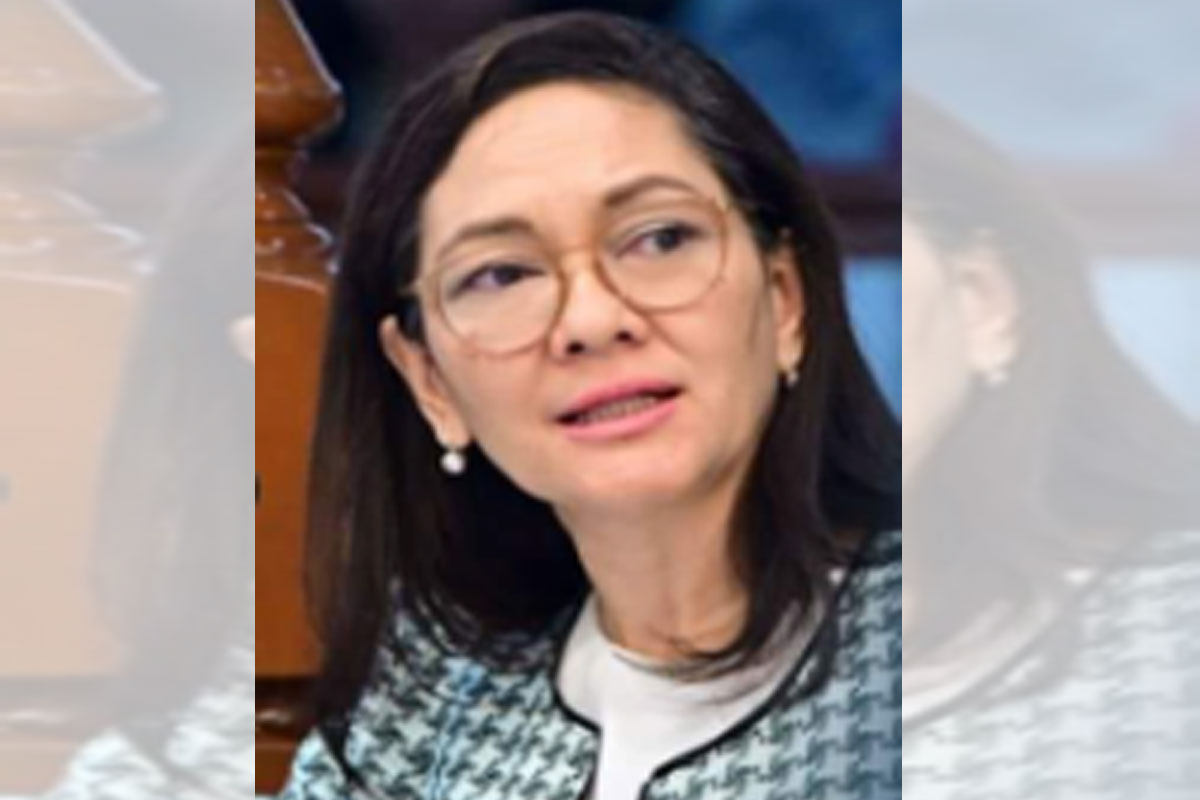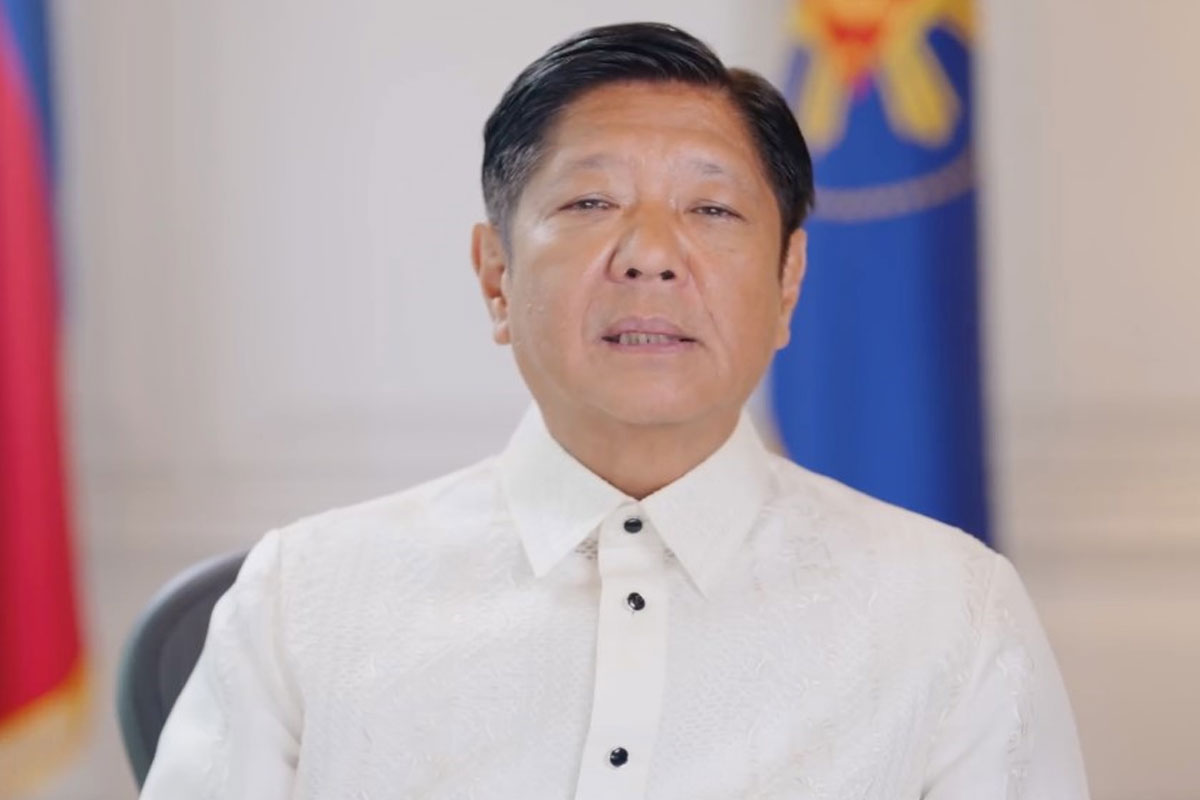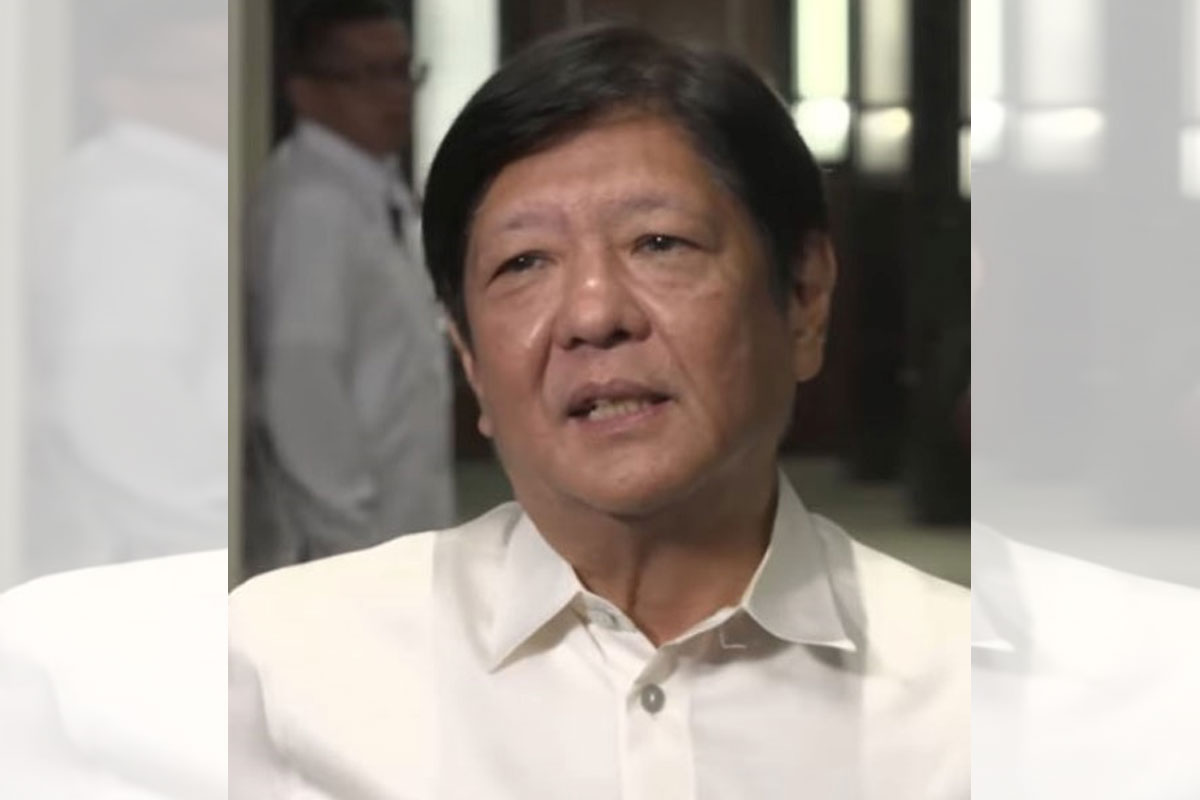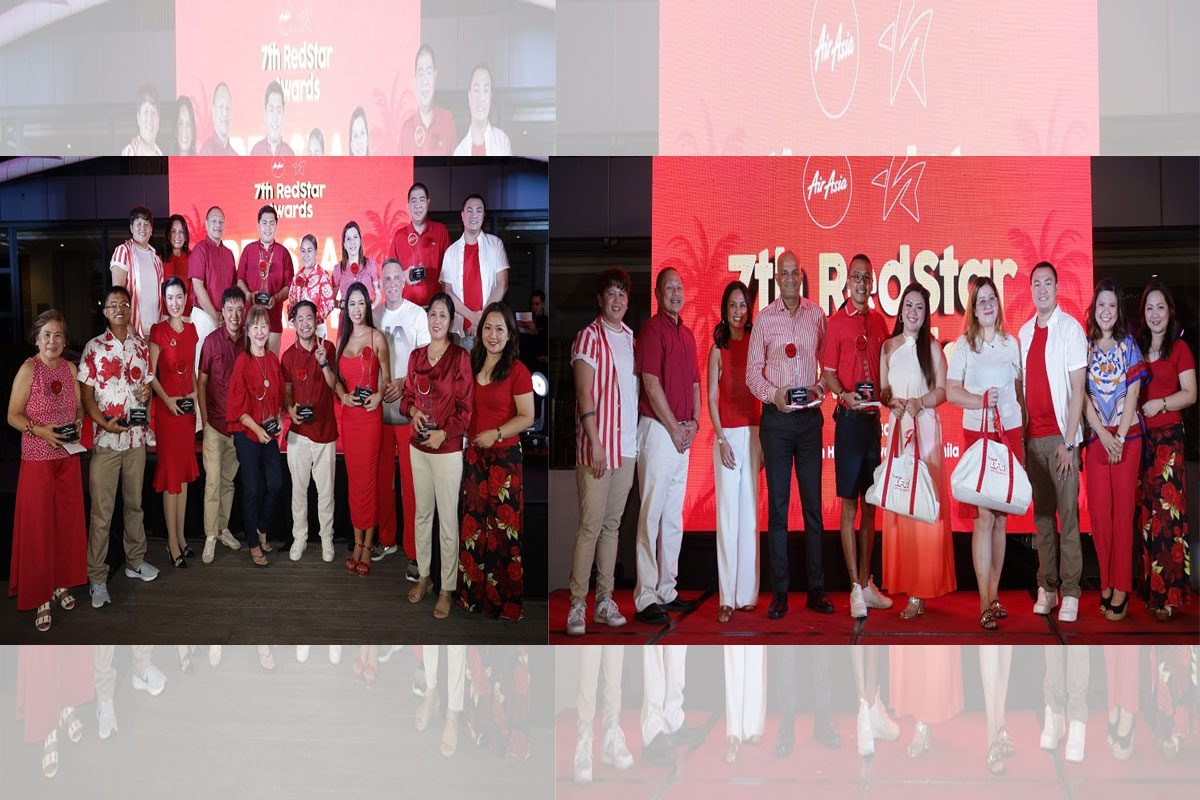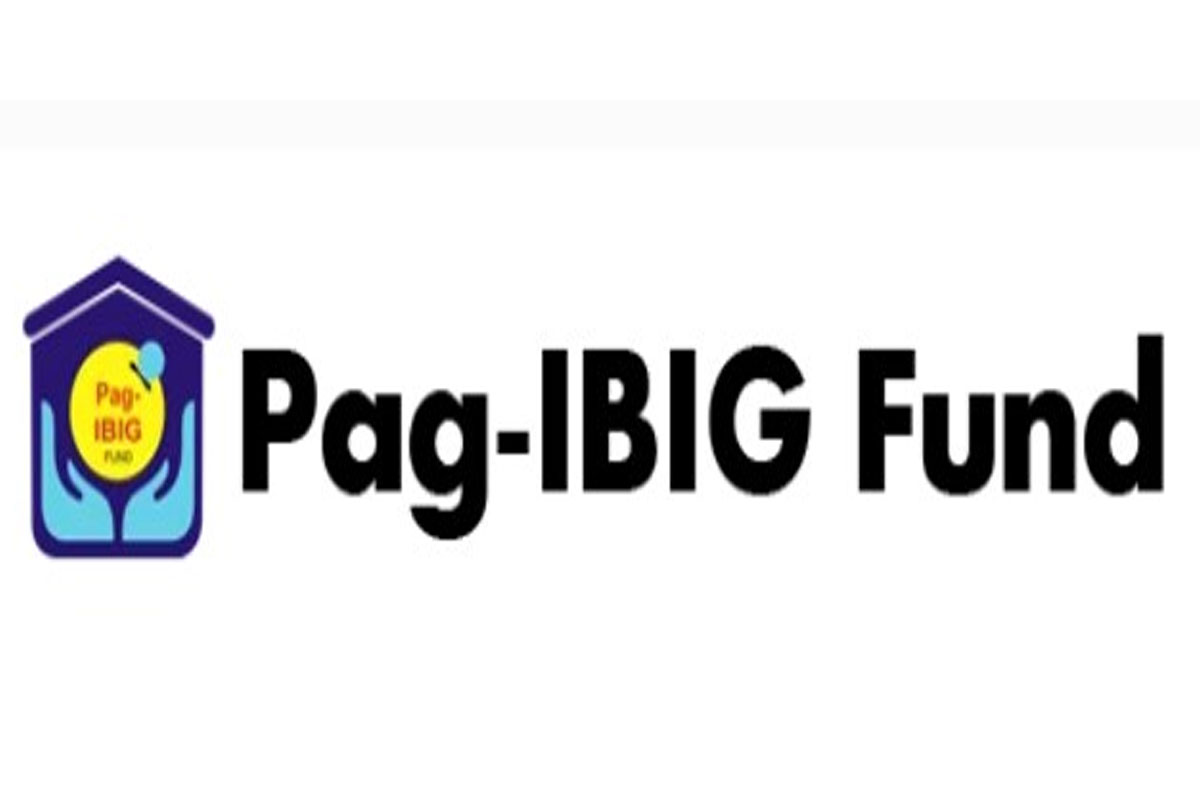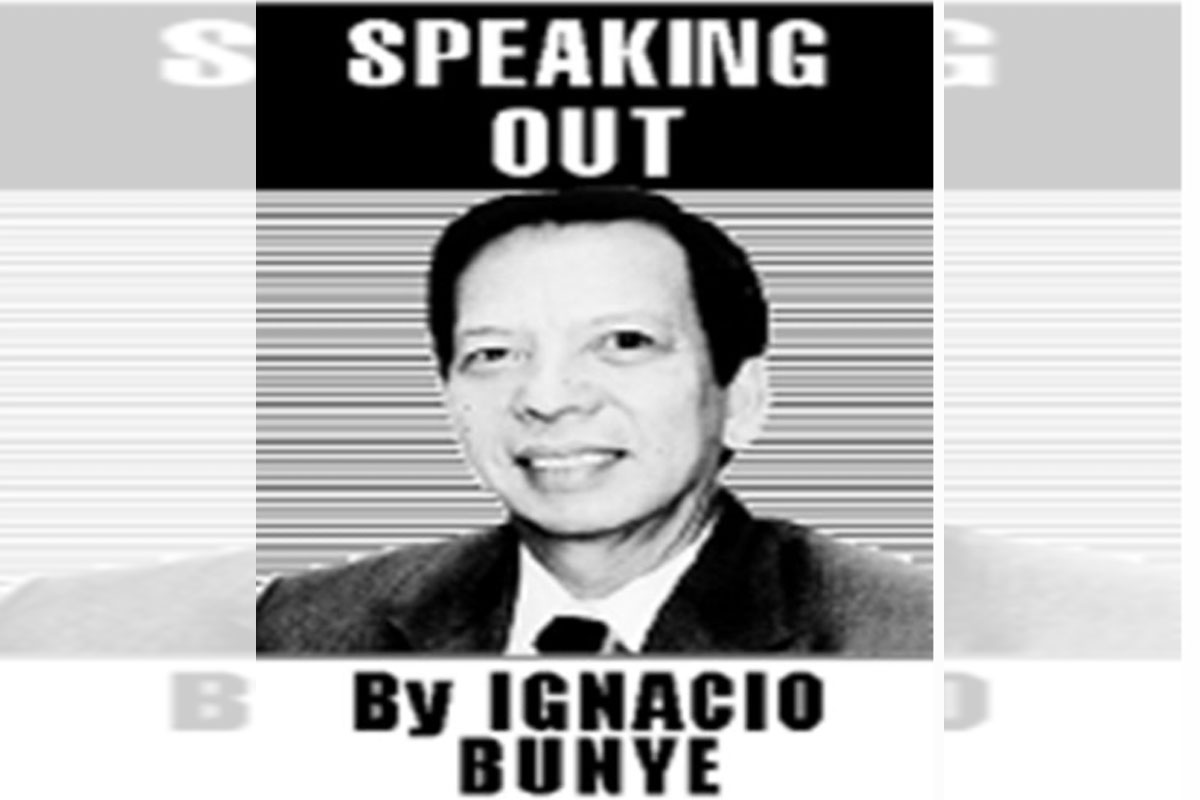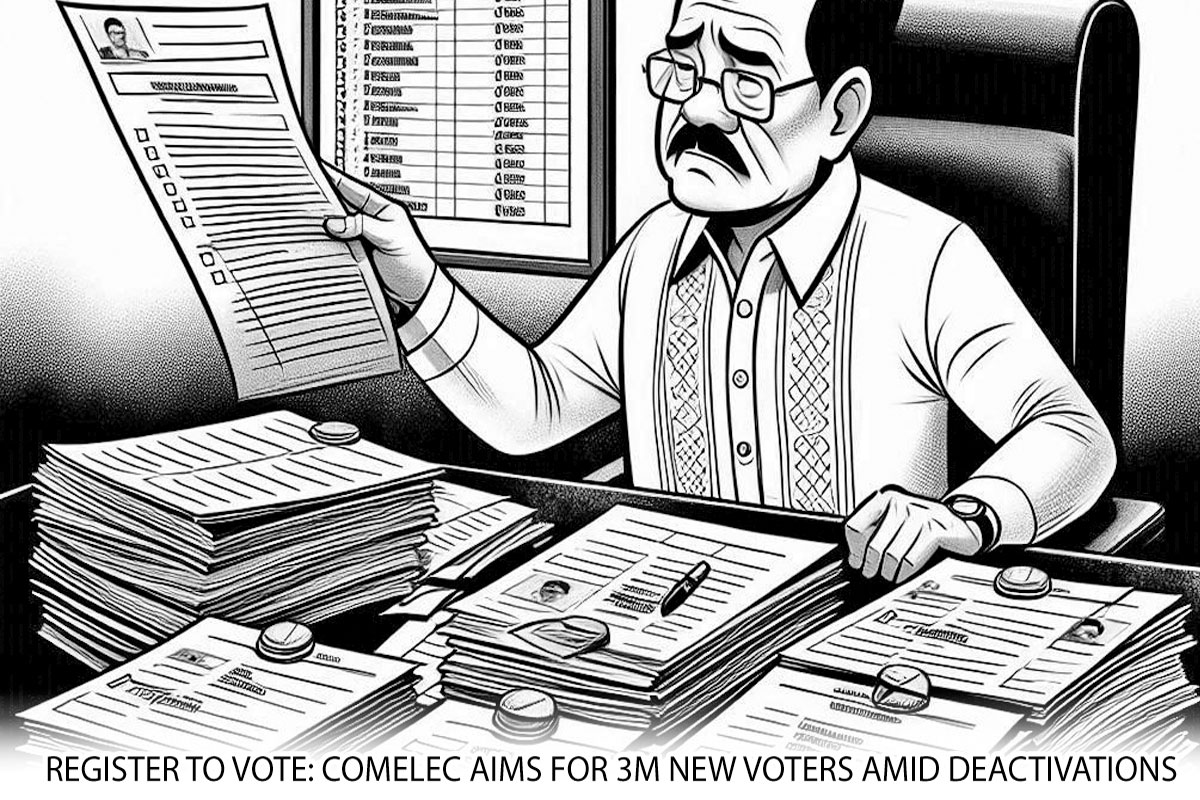
Lessons from the Community Pantry
AFTER the first Community Pantry (a local street booth where people can voluntarily give; and get items as well for their urgent personal needs for free) was initiated by Ana Patricia Non (last April 15) at Maginhawa Street in Quezon City, various Community Pantries are now being organized across the country. As such, this spontaneous social movement can give us some life lessons which can inspire and guide us through this COVID-19 Health Crisis:
BAYANIHAN IS STILL THE KEY TO OVERCOME OUR SOCIAL WOES: Receiving encouragement and care from others has a powerful effect on helping us manage challenges. Spending time with compassionate family and friends can bring a sense of comfort and stability. Talking through our concerns, thoughts, and feelings with others can also help us find helpful ways of thinking about or dealing with a nerve-racking situation. Such “communal” solidarity in these COMMUNITY PANTRIES is what makes the Filipino “Bayanihan” Spirit alive in our midst. Bayanihan is a core essence of the Filipino culture. It is helping out one’s neighbor as a community, and doing a task together, thus lessening not just the workload and making the job easier but collectively dealing as well any social concern (e.g. COVID 19) that we may encounter as a community and as a nation.
Bayanihan teaches us that CHARITY in CRISIS will enable every Filipino to surmount this pandemic because greater than any infectious virus is the indomitable “human spirit” which seeks to help one another to overcome any obstacle. As St. Augustine explains, “What does love look like? It has the hands to help others. It has the feet to hasten to the poor and needy. It has eyes to see misery and want. It has the ears to hear the sighs and sorrows of men. That is what love looks like”. Let’s continue to Spread the Charity Virus, and let this be our true New Normal.
There is an old saying that goes: “If you want Joy for an hour, take a nap. If you want Joy for a day, go fishing. If you want Joy for a year, inherit a fortune. If you want Joy for a lifetime, help somebody.” For decades, the greatest thinkers have suggested the same thing: Joy is found in helping others. “Give, and it will be given to you. A good measure, pressed down, shaken together and running over, will be poured into your lap. For with the measure you use, it will be measured to you” (Luke 6:38).
MAGBIGAY AYON SA KAKAYANAN (GIVE ACCORDING TO ONE’S CAPACITY): this first Community Pantry rule encourages people to generously and voluntary share what they have vis-à-vis one’s financial ability. But for me, true giving is giving until it hurts. Giving will never be an act of self-sacrifice until it discomforts the giver. Gerald Horton Bath shares in one his anecdotes a story of a missionary visiting several islands in the South Pacific before Christmas: One Christmas morning, one of the natives brought the missionary a seashell of lustrous beauty. When asked where he had discovered such an extraordinary shell, the native said that he walked many miles to a certain bay (the location where such shells could be found). “I think,” exclaimed the missionary with gratitude, “it was wonderful of you to travel so far to get this lovely gift for me.” His eyes brightening, the native answered, “LONG WALK part of the gift!”
Moreover, you don’t give just for the sake of giving. When we give we give our best, and we take this opportunity in sharing all the best in us. In sharing, we give a part of ourselves to others so that in their emptiness they would feel complete. So how would others perceive us when all we have to share of ourselves is the measly part of our existence? In showcasing the best of who we are in the act of giving we bring such eminence in us for others to emulate and follow in the holistic transformation of both ourselves and of others.
KUMUHA BATAY SA PANGANGAILANGAN (GET ONLY ACCORDING TO ONE’S NEEDS): Although the Community Pantry passes no judgement on the quantity of items you want to get for free, it encourages that we take only what we need because anything in excess is called GREED. All our social ills are a byproduct of a society that STOPPED CARING FOR OTHERS because it has been so selfishly absorbed in protecting only one’s interest. For how can we start caring for the common good if all we see are ourselves and what best serves our personal needs? Greed is only fueled by the hearts of those who are insensitive to the needs of others. We can only stop the cycle of greed by genuinely loving others most especially those who are marginalized in our society.
A good friend of mine, Mr. Alberto C. Francisco, once said: “If only we could learn to share then most of our social concerns would likewise greatly diminish. Greed only breeds more Greed. But love and concern transform the world around us, for when resources are properly shared to those around us, I guess we will have less criminals in our communities and less marginalized sectors to be concerned with. Nagkukulang lang tayo sa ating pang-araw araw na pangangailangan sa buhay kasimasyado nang maraming ganid sa mundong ating ginagalawan!”
“Earth provides enough to satisfy every man’s needs, but not every man’s greed”
(Mahatma Gandhi). “The world says: “You have needs — satisfy them. You have as much right as the rich and the mighty. Don’t hesitate to satisfy your needs; indeed, expand your needs and demand more.” This is the worldly doctrine of today. And they believe that this is freedom. The result for the rich is isolation and suicide, for the poor, envy and murder” (Fyodor Dostoyevsky, The Brothers Karamazov).
————————-oOo——————————
For any personal comments or suggestions you may call 0917-4805585 or email me at [email protected].






